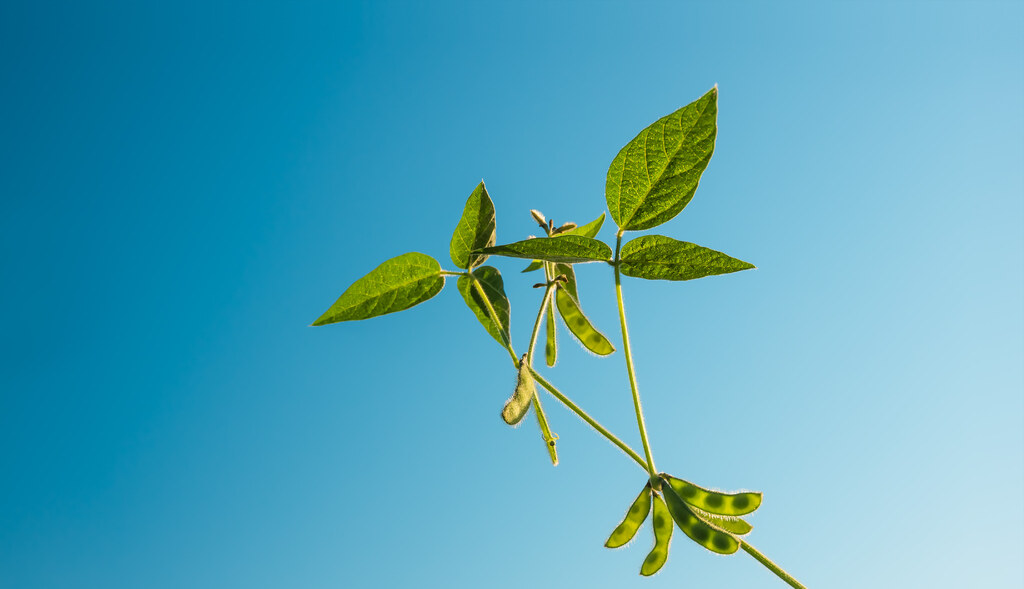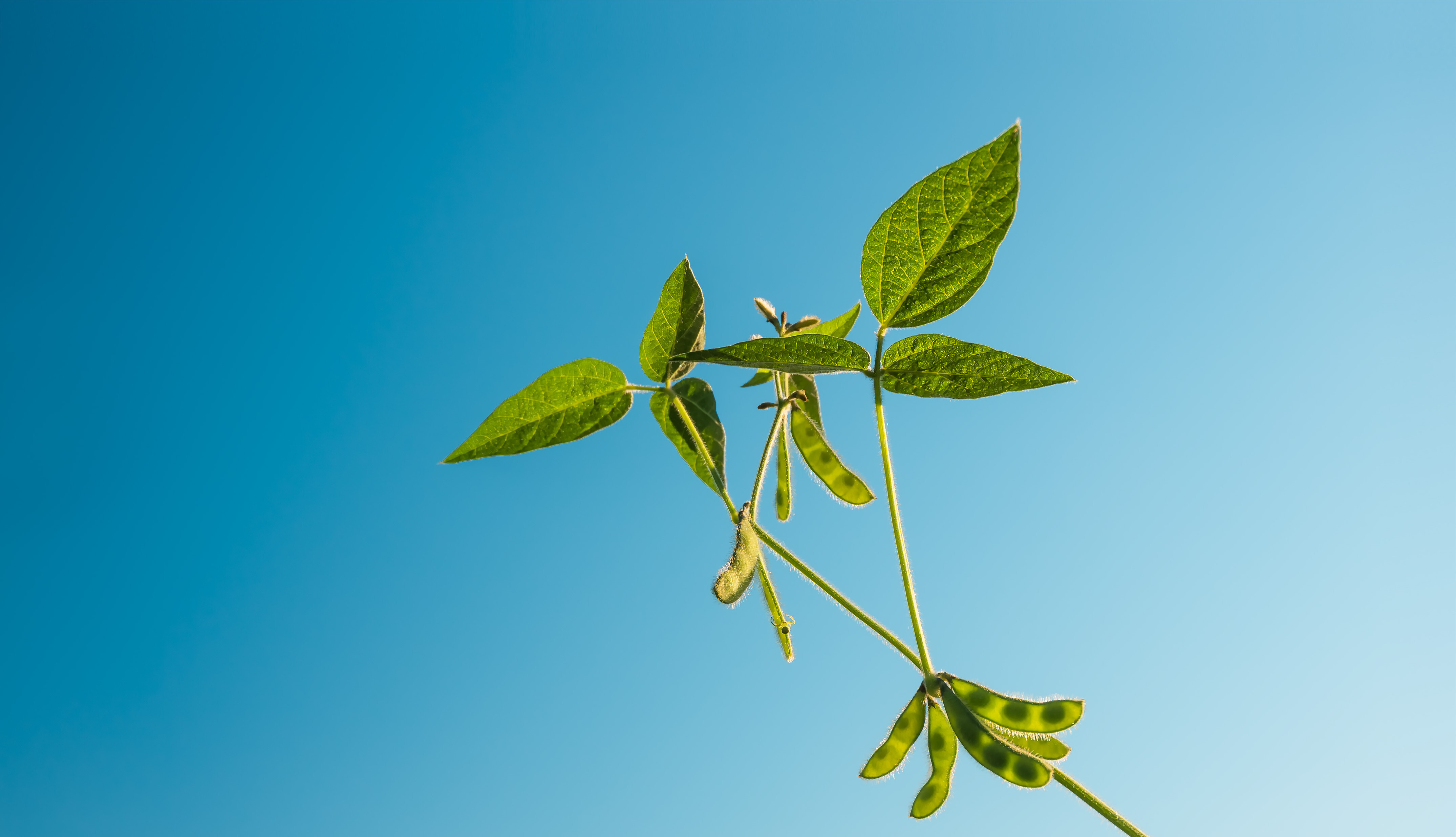
Green nitrogen transition
Reducing agriculture’s environmental impact while preserving high productivity is a key challenge in the Nordic countries. The research initiative Green nitrogen transition: The potential of legumes to control the environment…
Reducing agriculture’s environmental impact while preserving high productivity is a key challenge in the Nordic countries. The research initiative Green nitrogen transition: The potential of legumes to control the environment in agriculture (GreeNTrans) investigates how legumes could support a transformation of nitrogen management in farming and help build a more resilient and sustainable agricultural model.
Traditional nitrogen fertilisers are a major contributor to greenhouse gas emissions, soil damage, and pollution of water systems. Because legumes are naturally capable of fixing nitrogen from the atmosphere, they represent a promising, more eco-friendly alternative to synthetic fertilisers. The project seeks to integrate legumes into farming systems to limit nitrogen loss, enhance soil quality, and reduce the climate footprint of food production.

Photo credit: Fotolesnik
The project explores innovative strategies for optimising how legumes are used in agriculture and how they affect the nitrogen cycle. By examining various legume species, soil types, and climate conditions, researchers aim to identify farming methods that maintain strong yields while reducing reliance on artificial nitrogen inputs. This approach supports biodiversity, helps mitigate climate change, and promotes the long-term sustainability of agriculture in the Nordic region.
The GreeNTrans project is a collaboration between three leading agricultural research institutions in their respective countries: the Lithuanian Research Centre for Agriculture and Forestry, the University of Helsinki, and the IVL Swedish Environmental Research Institute.
The project is structured into five interconnected work packages that together span the full range of project activities and benefit from cross-border collaboration. Project results will be communicated to relevant stakeholders via workshops, scientific conferences, popular and academic publications, the project’s website, and social media platforms.

